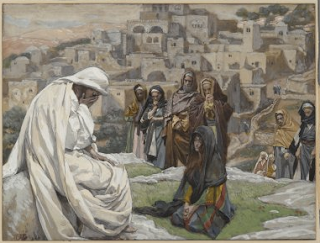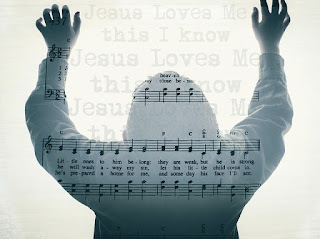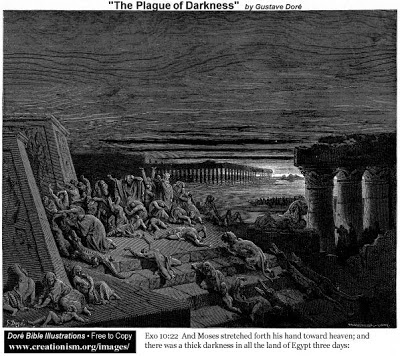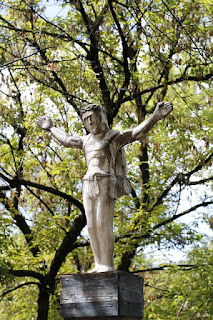 |
| Image: MorningbirdPhoto / Pixabay.com |
TO CHEW ON: "Now all these things happened to them as examples, and they were written for our admonition, upon whom the ends of the ages have come." 1 Corinthians 10:11
In our reading yesterday Jesus pointed out that something bad happening to someone wasn't necessarily a punishment for their sins. However, in our reading today, Paul draws our attention to the fact that willfully sinning does have consequences.
His examples are from Israel's history—specifically their 40 years in the wilderness. He draws spiritual parallels to the Israelites then and to his New Testament readers now.
Baptism: The Old Testament Hebrews passed through the Red Sea, a type of baptism (Exodus 14:21,22,29). Paul calls it being "baptized into Moses." Christians are baptized into Christ.
Heavenly food: The OT Hebrews ate food and drank water that God provided (Exodus 16:4-7,15). Christ is the Christian's living water. He instituted a memorial feast, the Lord's Supper, as a physical symbol of his death, resurrection, and coming again.
Despite the things the OT Hebrews had, they defied God and rebelled against Moses:
- by worshiping idols (Paul refers to the Golden Calf story - Exodus 32:4-6).
- by being sexually immoral (Paul refers to the story in Numbers 25:1-9).
- by "tempting Christ" i.e. disbelief (At least two times the children of Israel tempted God with their whining and general dissatisfaction. The latter led to the plague of serpents - Exodus 17:2,7 and Numbers 21:6-9).
- by complaining (there are many incidents of the Israelites complaining. Two are in Exodus 16:2; Numbers 14:37).
After making the comparison Paul says to the Corinthians (and us): Learn from them. They lived it. We can see what happened to them and we don't have to repeat their mistakes.
In the 2000 or so years since Paul wrote this, not much has changed in the temptation department. We're still tempted to worship other things, commit sex sins, doubt Christ, and complain. If the Israelites in their difficult desert conditions could have resisted, how much more NT Christians.
Paul talks about God giving us a "way of escape" (1 Corinthians 10:13). What is this way? I can think of several:
- Negatively, we don't want the experience of the Israelites to be ours!
- Positively, we have the Bible, God's word, full of verses to give us wisdom, insight, courage, and boldness to say "No." We can follow the example of Jesus who rebutted each satanic temptation with scripture (Luke 4:4, 8, 12).
- We have our new life in Christ. ("If any man is in Christ he is a new creation…" -2 Corinthians 5:17).
- We have the indwelling Holy Spirit. He helps us remember Bible words (John 14:26), convicts us of sin (John 16:7,8), and guides us into truth (John 16:13).
PRAYER: Dear Jesus, thank You for these OT examples that have their parallels in our lives. Help me to learn from history and use Your resources to escape temptations' traps. Amen.
*********
Unless otherwise noted all Scripture quotations are taken from the New King James Version®. Copyright © 1982 by Thomas Nelson, Inc. Used by permission. All rights reserved.



















